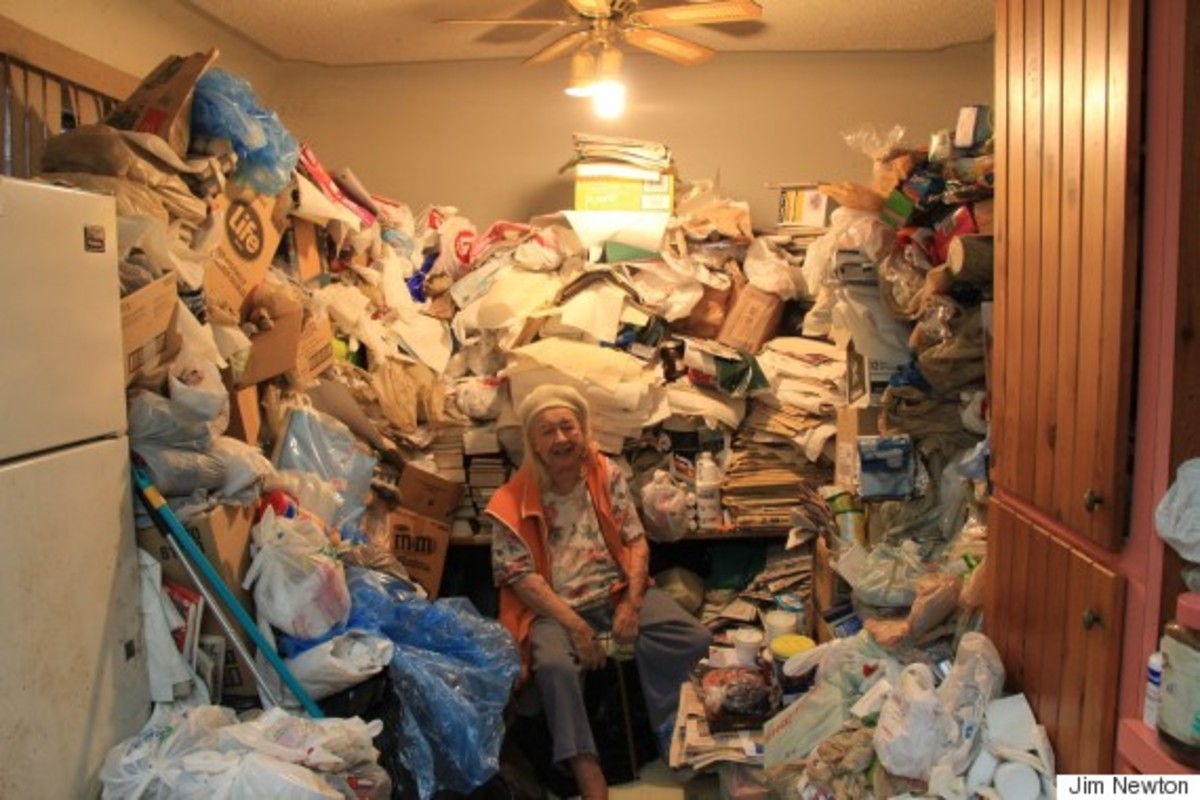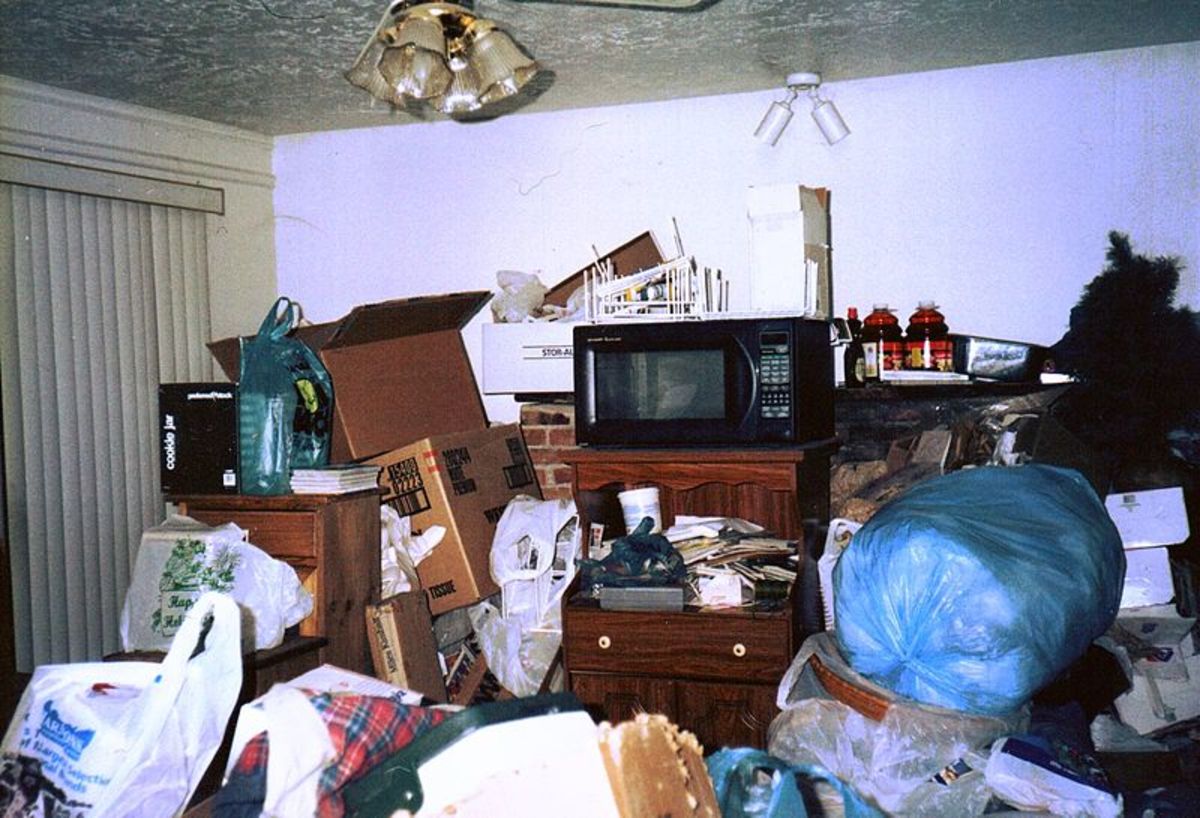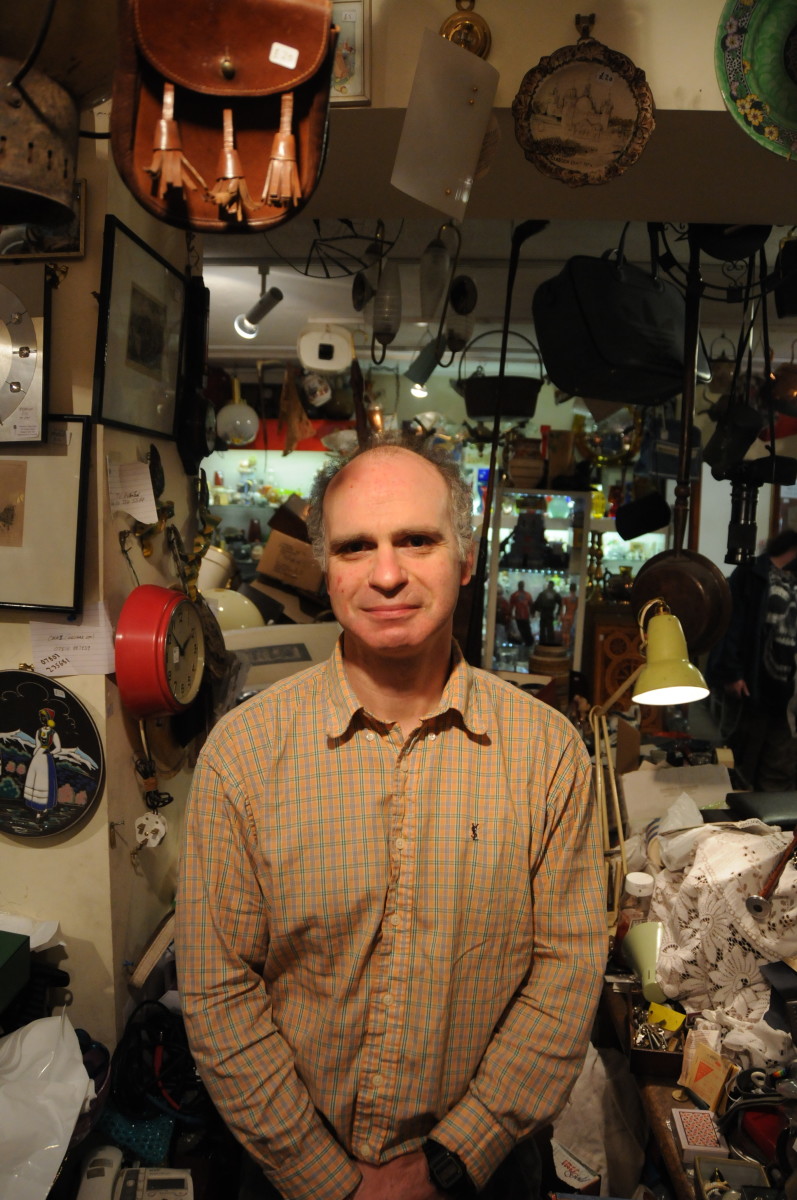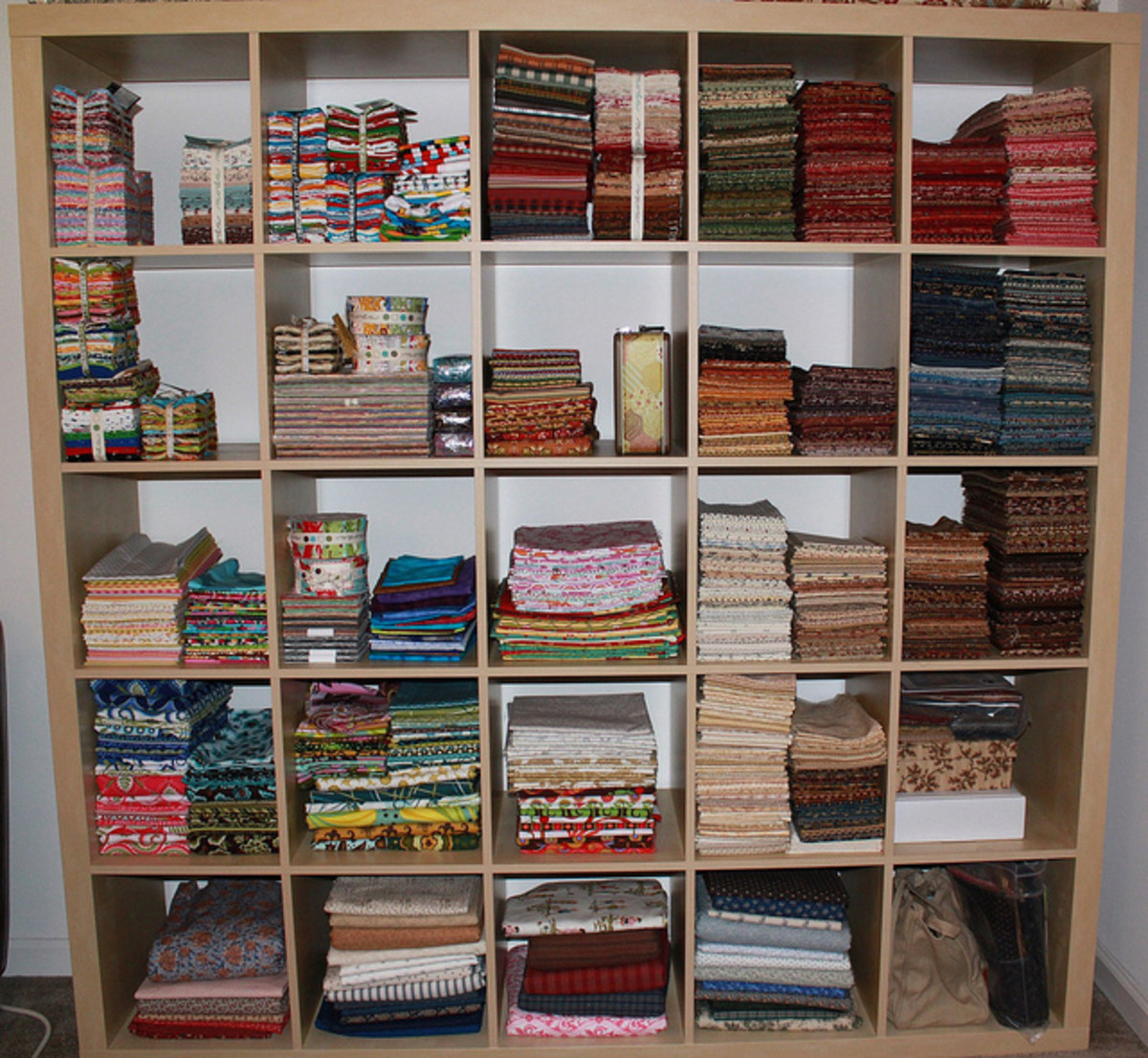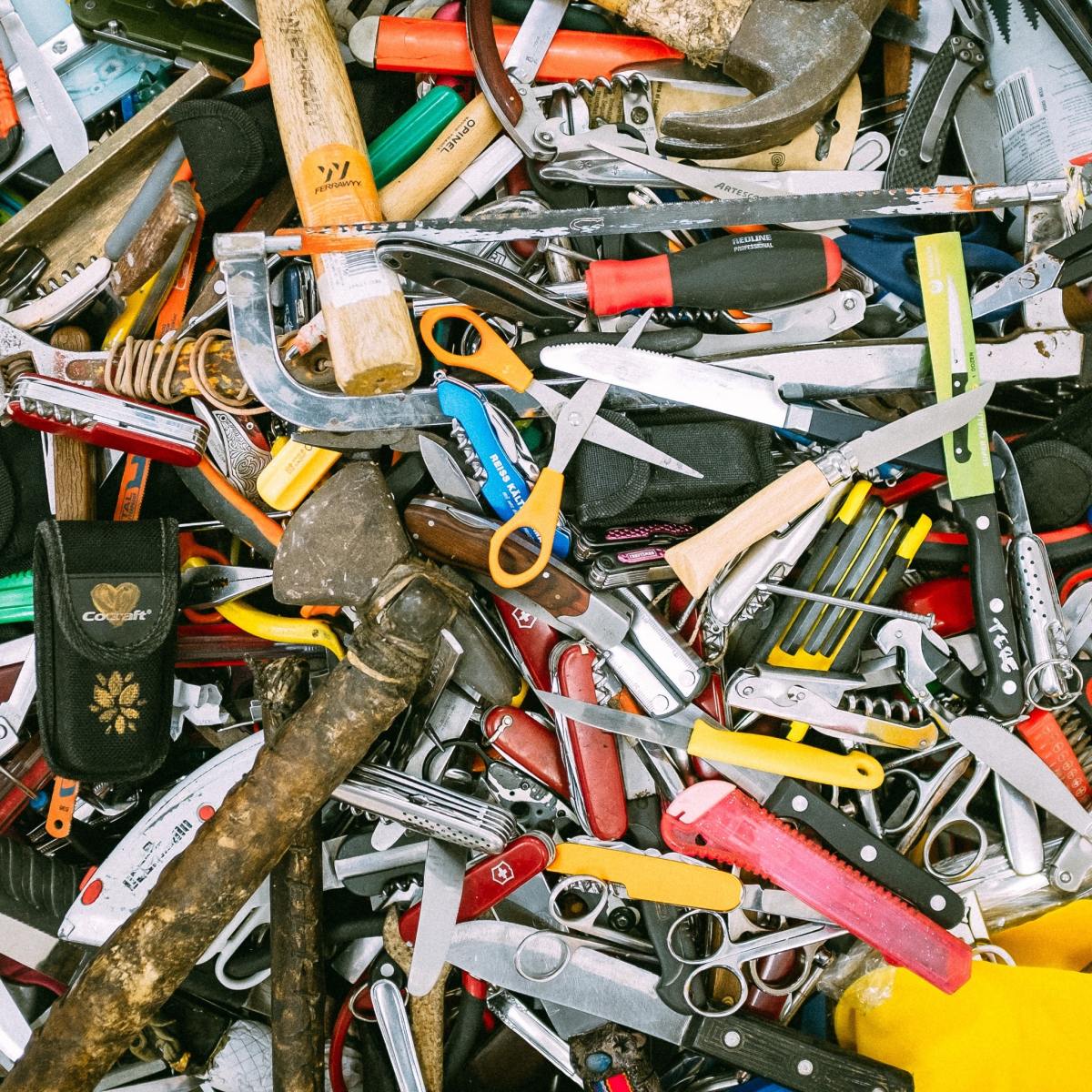- HubPages»
- Home and Garden»
- Cleaning»
- Organizing & Decluttering
Why Hoarders Can't Clean Up and How to Help
Help a hoarder dig out
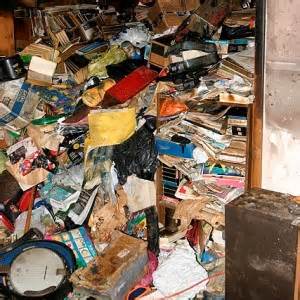
When hoarding gets serious
Unless one has lived with a hoarder, it is nearly impossible to understand the magnitude of this mental condition. Hoarding is not merely a problem of disorganization. It is a serious dysfunction of the mind's ability to evaluate the value of things. While there are many levels of hoarding, a serious hoarder cannot distinguish the difference between a disposable plastic fork or a centuries old family heirloom. They end up keeping everything, regardless of worth or condition, turning their homes into landfills at great risk to their personal health and emotional well-being.
The mental health community is coming to understand more about this condition and its causes of which there are many, including a relationship to obsessive-compulsive disorder. While I cannot attest to the causes or cures of hoarding, I can share what has worked for my family during a forced emergency clean-up and how we were able to ease the mind of our hoarding loved one.
Why hoarders can't clean out their junk
Psychological trauma. Hoarders do not see their hoards as junk, and it causes them great psychological distress when forced to part with any of it. They see the worth in every single item. Some hoarders have lifelong habits of frugality while others simply want to save the planet. It doesn't make sense to them to toss out an item that they see as useable. Even if it will never be used, the potential--or perceived--use makes the item worth keeping. Others have low self-esteem and relate to every item, wanting to recognize its value as they hope others will do for them. In any case, they honestly treasure their things.
Inability to categorize, group, organize. They don't know where to begin. If everything in those mountains is "good" to keep, they don't know what to do with individual items. They pickup one and contemplate it for a long time only to set it down again in another pile to keep.
Emotional pain. Like many people, hoarders have attached deep emotional feelings to material items. To others, a doll may be just a plastic piece of junk that has outlived its use but to a hoarder, this doll contains all of her childhood memories and joy. They do not realize that all those memories, including the joy and love of childhood, is really in their minds, and no matter how fervently and repeatedly they are told this, they will not believe it.
Those who hold onto mementos from deceased loved ones are attempting to hold onto some physical representation of the dead. Photographs do not satisfy the need to touch and hold something that belonged to the loved one.
What doesn’t help
Increasing the psychological pressure only worsens the hoarding. These are unhelpful:
- Yelling at them
- Threatening them
- Forcing them to clean up
- Allowing them to be a part of the clean up
What does help
- Sending your hoarding loved one on a mini-vacation in a beautiful place during the clean up. Hoarders get used to living in squalor and forget what it feels like to be in a nice atmosphere. Being in a clean, pretty hotel or home will prepare the hoarder to return to a similar clean environment.
- Reminding them gently by repeating that they will have a "clean, safe home" again.
- Telling them that their things are in storage.
- Telling them that only the unusable trash was thrown out.
- Telling them that good things were donated.
- Reassuring them that sentimental things were kept. They may visit them at any time at the storage unit but they may not bring them back into the house. The house must be clean and safe.
- When they insist that they want to be the one to decide what goes where, repeat that they have had "years to do this and have proven that they are incapable of making those decisions."
- They have no choice in allowing this clean-up. It is clean up or go to jail or a mental health facility or assisted living home where they cannot have any of their things. All their things will be dumped by the city and the house will be confiscated.
- Letting you clean this up for them will save their house and all of their good items. It is a good opportunity for them.
Treating your hoarding loved one with consideration and firmness can help you create a livable home environment with less trauma than by forcing him/her to clean up by herself.
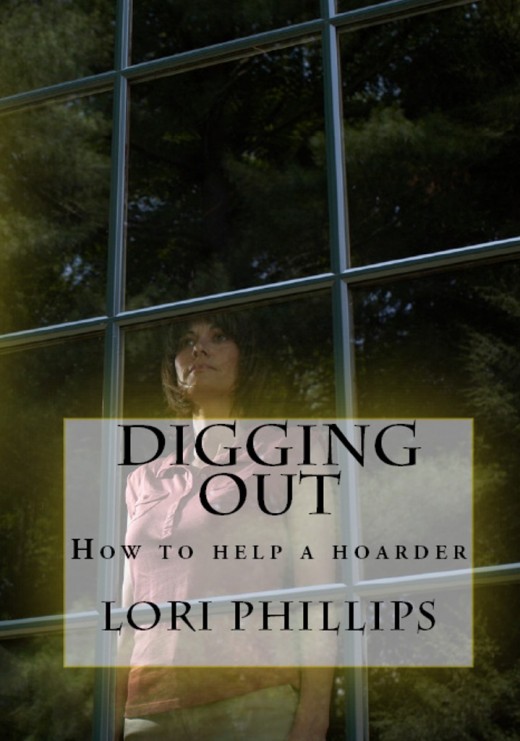
Levels of hoarding
Hoarding doesn't have to reach epic proportions in order to put the residents at risk. Even if there are ample walkways and access points, the home can be unsafe due to stacked boxes, flammables by electric outlets and expired products.
Old newspapers and outdated chemical cleansers turn the house into a tinder box. Rusted and unused equipment can cause injuries and infection.
But the psychological and emotional damage is harder to see. Living in clutter frustrates the mind but it is a cluttered mind that attracts the clutter into the living environment. Learn more about how you can live with a hoarder by reading Hubpages "How to Live with a Hoarder and Keep Your Sanity."
Digging Out: How to help a hoarder (print-$5)
- Digging Out
Today, hoarding is recognized as both a symptom of other conditions and a syndrome of its own. Our personal experiences with family hoarders taught us about the tremendous emotional toll it takes on those who live or love hoarders. Unlike the hoardin
Digging Out: How to help a hoarder (1.99 cents)
- Amazon.com: Digging Out eBook: Lori Phillips: Kindle Store
Digging Out - Kindle edition by Lori Phillips. Download it once and read it on your Kindle device, PC, phones or tablets. Use features like bookmarks, note taking and highlighting while reading Digging Out.

